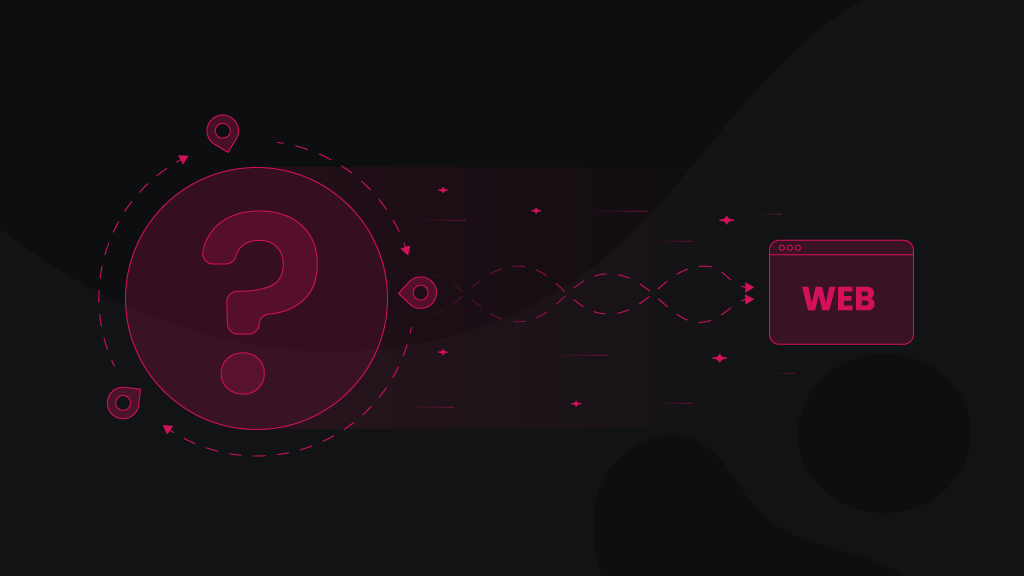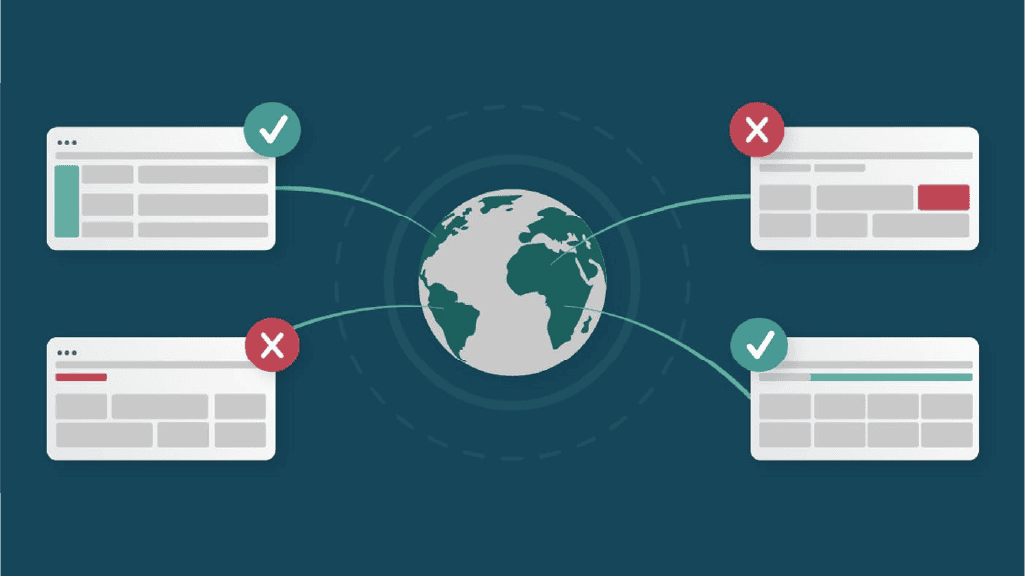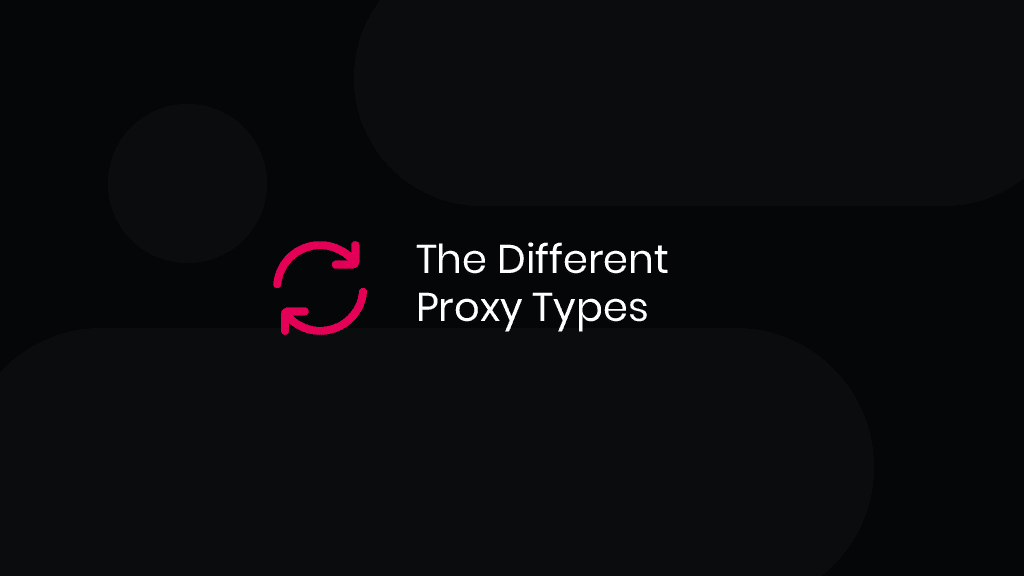What Is a Backconnect Proxy? A Complete Guide in 2025
Whether you call yourself a seasoned proxy user or just starting to leverage the power of proxies, it's always good to learn a thing or two. And this time, we're talking about backconnect proxies. In short, backconnect proxies allow you to remain anonymous while accessing the internet by constantly rotating your IP address. These proxies are useful for individuals or companies who need to navigate internet restrictions, monitor competitors, or run web scraping tools.
In this guide, we'll explore everything you need to know about backconnect proxies, how they work, and what benefits you're in for. Shall we begin?
What is a backconnect proxy?
A backconnect proxy stands as a type of proxy server that allows users to switch IP addresses with each request, making it harder for anti-proxy tools to detect the user's original IP address. This is handy for web scraping or automation tools requiring frequent IP rotation.
How do backconnect proxies work?
The way backconnect proxies work is by routing your internet traffic through a network of proxy servers, each with its own IP address. This makes it difficult for anyone to track your online activity and identify your location. Backconnect proxies also have massive IP pools, making it easier for users to complete large-scale projects that require multiple IPs.
One significant advantage of using backconnect proxies is that they can provide users access to geo-restricted content only available in specific regions or countries. For example, if you live in a country that doesn't have access to certain streaming services, using a backconnect proxy with an IP address from a supported region can allow you to bypass these restrictions and access that great movie you wanted to watch a long time ago.
It's an essential tool for anyone who wants to protect their online privacy. With their ability to rotate and provide multiple IP addresses, they're an excellent option for anyone who needs to conduct large-scale data collection or circumvent internet restrictions.
It might look complicated, but as always, we're makin' things easy. And here's how backconnect proxies work:
- User sends a request. The user sends a request to the backconnect proxy server, requesting access to a certain website or online resource.
- Proxy server assigns an IP address. The backconnect proxy server assigns a new IP address to the user's request, ensuring that the original IP address of the user becomes hidden.
- Request forwarded to the target. The proxy server then forwards the request to the target website or resource using the new IP address assigned to the request.
- Response received: The target website or resource returns a response to the proxy server.
- The proxy server forwards the response to the user. The backconnect proxy server receives the response from the target website or resource and forwards it back to the user while changing the IP address for added anonymity.
- The process repeats. A new IP address and forwarding requests and responses continue with each subsequent request made by the user, providing ongoing anonymity and security online.
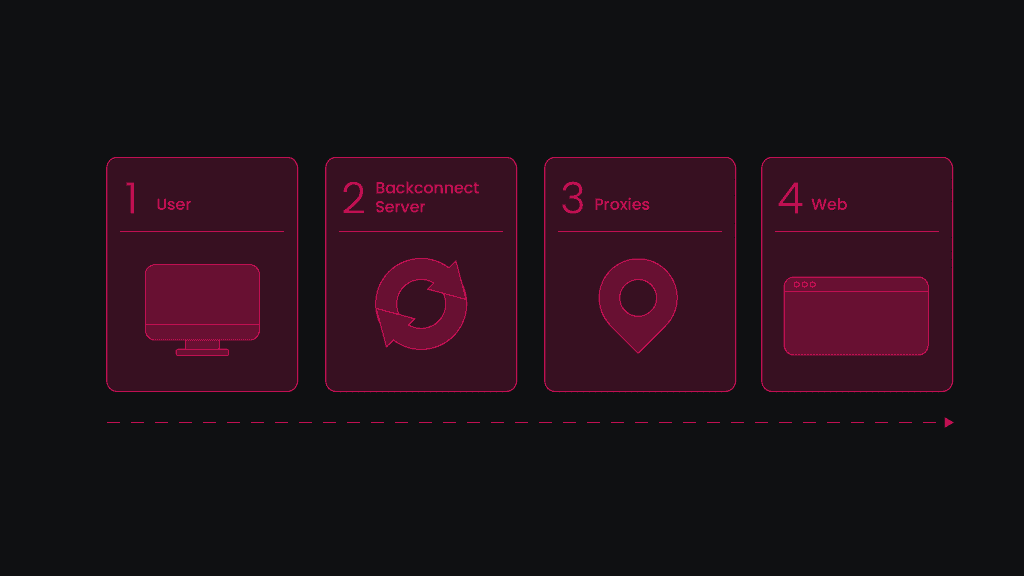
What are the types of backconnect proxies?
You may wonder whether all proxy types can use the backconnect format, and we're here to clear things up. The short answer is Yes!
It's not about the IP type but rather the server setup. However, some types of proxies tend to use the backconnect format more often than others. For instance, rotating sessions often use residential proxies and mobile addresses. Datacenter proxies and ISP proxies can either rotate or remain static in the form of an IP list, depending on your use case.
What are backconnect proxies used for?
Once we've understood what a backconnect proxy is, it's time to learn what they're best for. There're dozens of use cases where backconnect proxies come in handy. Here're the most popular ones:
- Voluminous data scraping. A backconnect proxy network is useful when you need to scrape large amounts of web data from multiple sources without getting detected. Using a different IP address for each request, backconnect proxy servers make it difficult for websites to identify and block the scraper or get an IP ban.
- SEO activities. Backconnect proxies can help businesses achieve better search engine rankings by improving their online visibility. By using different IP addresses, backconnect proxies can create the appearance of multiple users visiting a website, thus boosting the site's credibility and authority.
- Social media automation. Backconnect proxies can enable users to automate social media actions, such as following, liking, and commenting, without being detected. By masking the user's IP address, backconnect proxies make it difficult for social media platforms to identify and block automated activity.
- Marketing activities. Marketers, aka advertising wizards, use rotating backconnect proxies for ad verification, ensuring that the right textual and visual content is being served to the precise target audience and leading to the preferred landing page without malicious third-party stepping in.
- Purchasing limited-edition items. Backconnect proxies are useful for purchasing limited-edition items online, like sneakers or tickets, as they enable users to make multiple purchases without being detected. By using different IP addresses for each purchase, proxies make it difficult for websites to identify and block multiple orders from the same user.
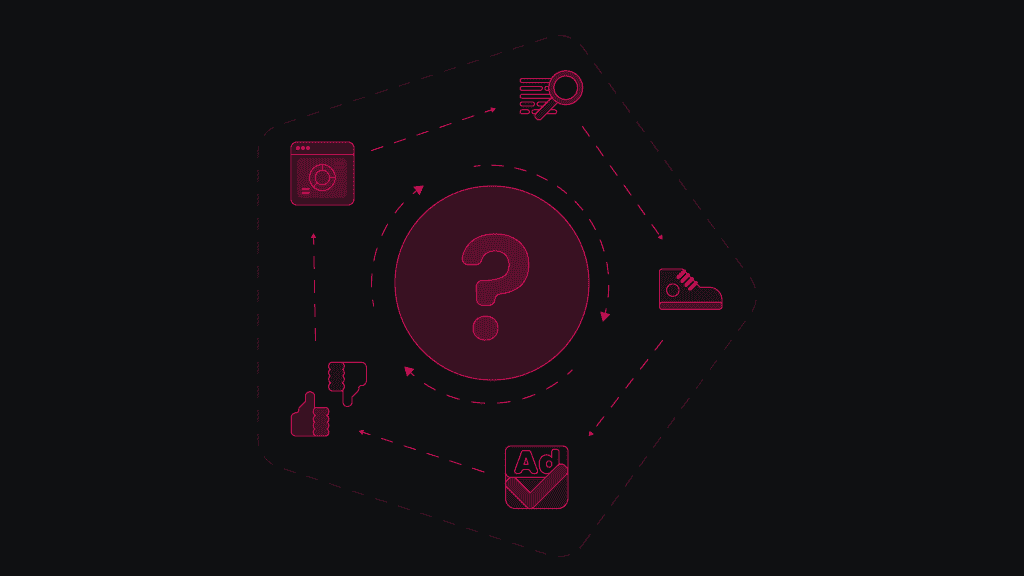
How to choose a backconnect proxy?
When it comes to choosing a backconnect proxy, there're a few important factors you should consider.
- First things first – you wanna make sure the proxy is reliable and provides a stable connection, as this is crucial for uninterrupted browsing and data transfer.
- Consider the speed of the proxy network, as a slow connection can be frustrating and hinder your productivity.
- Choose a proxy that offers a large IP pool to avoid being detected or blocked by websites.
- Consider the cost and customer support offered by the provider. Most of the trusted providers offer great deals and 24/7 support.
We don't like to brag, but we offer blazingly-fast proxies with a 65M+ IP pool and 24/7 support for a literal bargain. You might want to try us out – we even have a 14-day money-back option (terms apply)!
Bottom line
A backconnect proxy is a powerful tool to help you avoid CAPTCHAs and IP blocking when working on web scraping, social media, and SEO tasks. By routing your internet traffic through a remote server, a backconnect proxy can provide a secure and anonymous connection while allowing you to access the target without hassle.
About the author

James Keenan
Senior content writer
The automation and anonymity evangelist at Smartproxy. He believes in data freedom and everyone’s right to become a self-starter. James is here to share knowledge and help you succeed with residential proxies.
All information on Smartproxy Blog is provided on an as is basis and for informational purposes only. We make no representation and disclaim all liability with respect to your use of any information contained on Smartproxy Blog or any third-party websites that may belinked therein.





